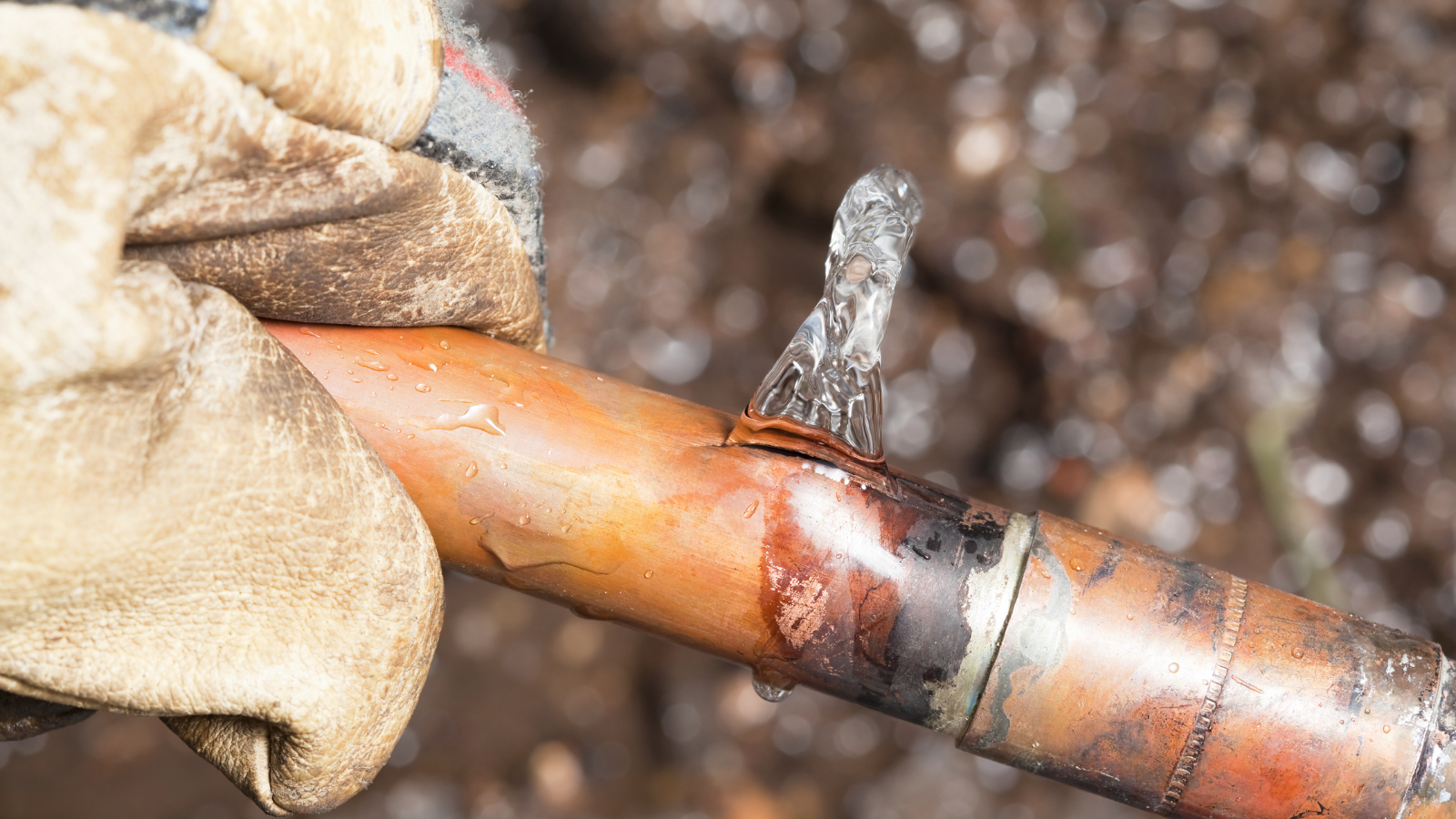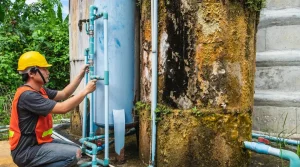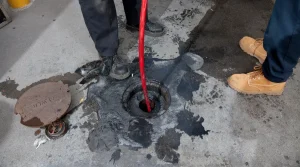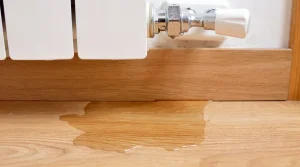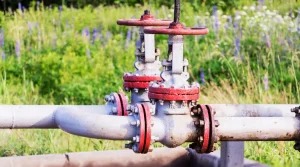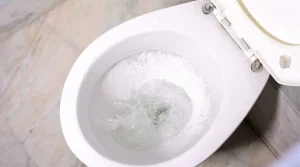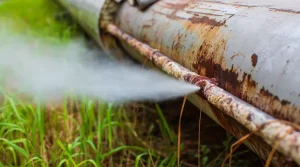Key Takeaway:
- Regular seasonal plumbing maintenance is crucial for preventing issues like frozen pipes in winter and clogged drains in summer. Use this comprehensive 10-point checklist to safeguard your property and maintain the efficiency of your plumbing system year-round.
What is the Most Common Seasonal Plumbing Problem?
The most common seasonal plumbing issue is frozen pipes in winter. When temperatures plummet, unprotected pipes can freeze, leading to blockages, leaks, or even bursting, which can cause significant water damage to your home.
Need Plumbing, Repairs, or Drain Solutions? Trust North Bergen Plumbers – Contact Us Now
10-Point Seasonal Plumbing Maintenance Checklist
1. Insulate Pipes
Before winter arrives, insulate any exposed pipes, especially in unheated areas like garages, attics, or basements. Insulating pipes helps prevent freezing, which can lead to burst pipes and costly repairs during colder months.
2. Check for Leaks
Inspect all pipes and faucets for leaks, particularly after the winter season. Cold weather can cause cracks, and if left unattended, these can worsen, resulting in water damage and higher utility bills.
3. Test the Water Heater
Ensure your water heater is functioning properly by checking its temperature settings and flushing out any sediment buildup. This step is especially important before winter when hot water usage typically increases.
4. Clean Gutters and Downspouts
Clear out gutters and downspouts in the fall of leaves, dirt, and other obstacles to avoid water buildup. It is possible for blocked gutters to result in water overflow, which can cause potential water damage to your roof or foundation.
5. Inspect Outdoor Faucets
Drain and disconnect outdoor hoses before the first frost to prevent any water left inside from freezing and causing damage to the plumbing.
6. Check the Sump Pump
Arrange for a qualified examination to find any possible correctly, particularly before the rainy season. A properly functioning sump pump can handle increased water flow during heavy storms, preventing basement flooding.
7. Service Your Sewer Line
Springtime tree root growth can infiltrate and clog sewer lines. Arrange a qualified assessment to find any possible blockages early and avoid backups or more severe damage
8. Inspect Washing Machine Hoses
Check your washing machine’s hoses for cracks, leaks, or other signs of wear, especially during seasonal transitions. Temperature changes can affect rubber hoses, so replacing them when needed helps prevent flooding.
9. Run Water in Unused Drains
In sinks or showers that are rarely used, run water periodically to prevent the buildup of debris, sediment, and foul odors, especially after a long winter or dry season.
10. Schedule a Professional Inspection
An expert plumber can conduct a comprehensive examination, identifying hidden issues such as leaks or deteriorating components before they become serious. Frequent upkeep might help you avoid costly problems. in the future.
Prepare your home for the season! Seasonal plumbing to prevent winter freeze-ups or summer leaks. Stay worry-free year-round
FAQ
What should I do if my pipes freeze in winter?
If your pipes freeze, immediately shut off the water supply and call a plumber. You can try thawing the pipes using a hairdryer or space heater, but avoid using open flames, as this can cause further damage.
How often should I inspect my water heater?
It’s recommended to inspect your water heater at least once a year. Check the temperature setting, ensure there are no leaks, and flush out sediment buildup to maintain efficiency.
Can tree roots damage my sewer lines?
Yes, tree roots can infiltrate and block sewer lines, especially in the spring. Regular professional inspections can help identify and address this issue before it becomes a major problem.
Conclusion
Seasonal plumbing maintenance is a small effort that yields big benefits. By following this 10-point checklist, you can prevent common issues like frozen pipes and clogged drains, safeguarding your plumbing system and avoiding costly repairs. Regular maintenance ensures your home’s plumbing works efficiently, giving you peace of mind and protecting your home’s longevity.
Stay proactive and stay ahead of plumbing issues by maintaining your system seasonally!

